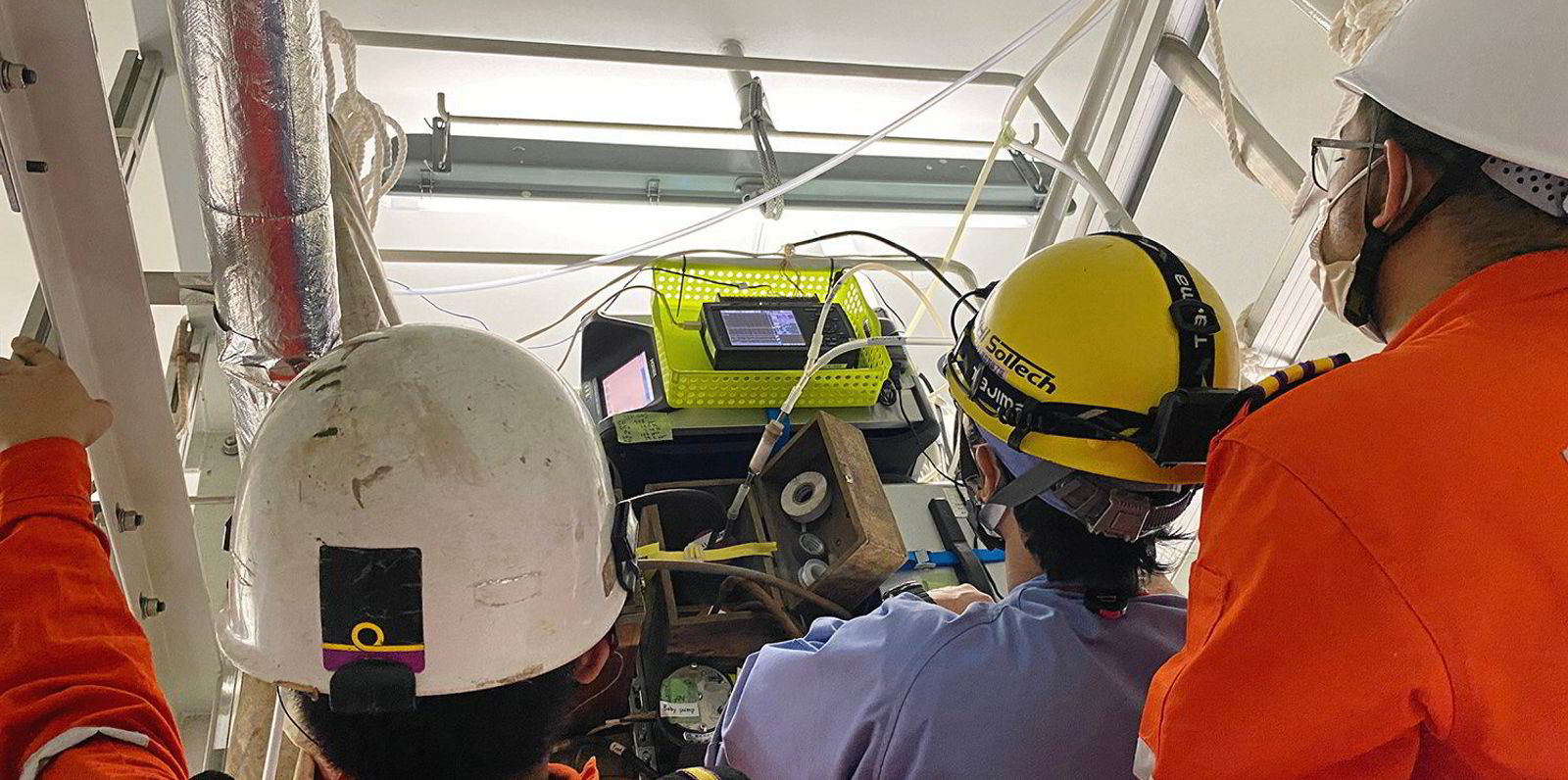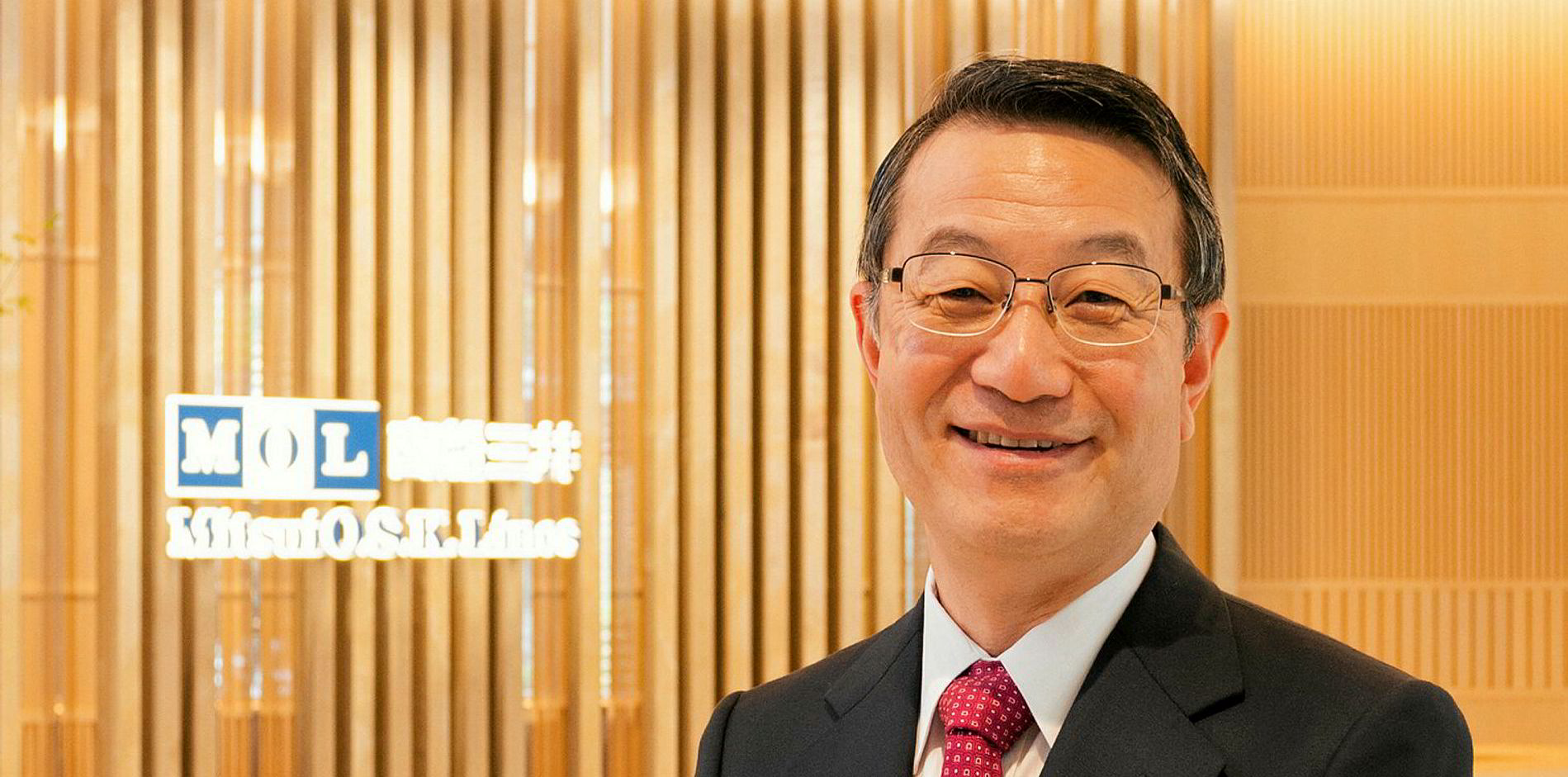K Line says it has successfully carried out the separation and capture of carbon dioxide from the exhaust gas emitted from one of its bulkers, in what it has described as a "world first".
The Japanese shipowner said the trials aboard the 88,000-dwt coal carrier Corona Unity (built 2016) showed that the captured CO2 had a purity "greater than 99.9%".
The Corona Unity, which was built by Imabari Shipbuilding, is on long-term charter to Japan’s Tohoku Electric Power Co.
The small-scale CO2 capture demonstration plant installed on the ship is a system for onshore plants that was adapted for marine use.
The two-year project is being conducted jointly by K Line, Mitsubishi Shipbuilding and ClassNK as a Ministry of Land Infrastructure Transport and Tourism (MLIT)-backed project for research and development of technological advancements in marine resource development.
It is hoped that it will not only verify the efficacy of capturing and storing CO2 from a vessel’s gas emissions, but also the operability and safety of such activities at sea.
In early August, after the installation of the CO2 capture plant, engineers from Mitsubishi Shipbuilding went onboard the vessel to operate, maintain the plant, and instruct the ship’s crew how to operate it, as well as measure and analyse the captured CO2 and evaluate the system’s performance.
Since mid-September, the ship’s crew has been conducting the operation and maintenance of the plant, and will continue to evaluate the safety and operability.
Mitsubishi Shipbuilding said the success in achieving the capture of CO2 in a marine environment enhances the potential for the practical application of marine-based systems.
It has previously said that once trials are complete, it will then determine the system specification requirements for a marine-based device and will also consider how to make the plant more compact.
The captured CO2 can be recycled for use as a new source of CO2 for enhanced oil recovery processes, or as a raw material in synthetic fuel, providing a significant contribution to reductions in greenhouse gas emissions, according to K Line.





